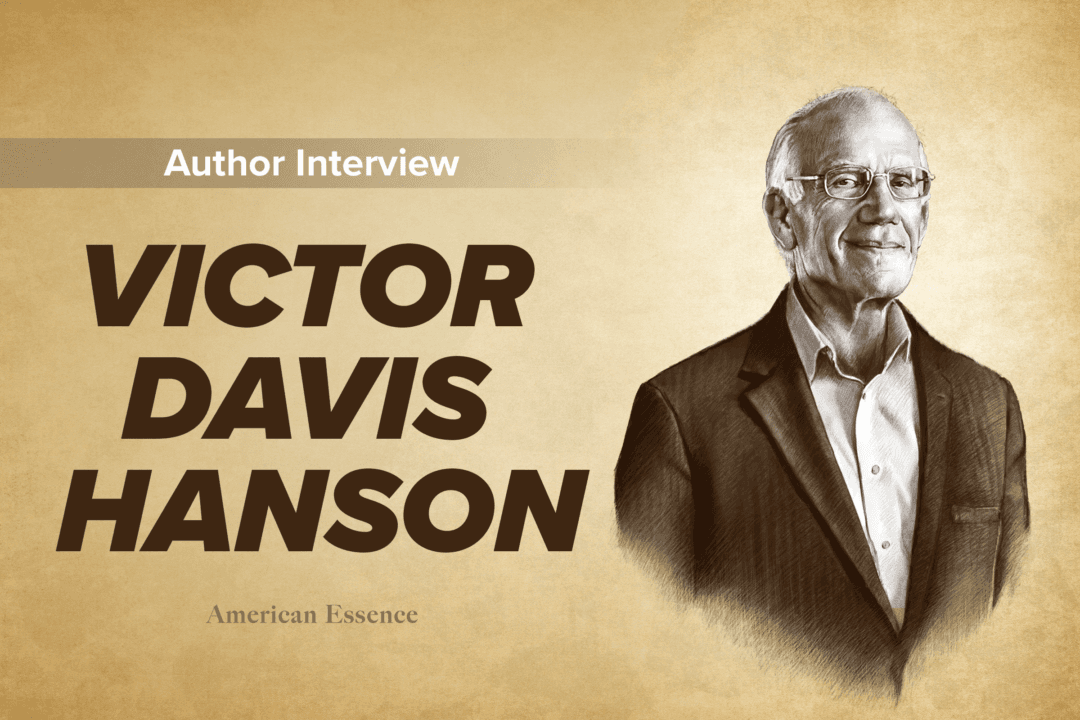The world has grown closer through a globalized economy. Nations rely on each other for their goods and even services, and some more than others. Borders between nations have become easier and safer to cross, especially in regions where countries are allied, such as the European Union. Alliances, like NATO, and agreements, such as NAFTA, have encouraged a sense of global unity. Seventy-five years ago, the United Nations published its Universal Declaration of Human Rights, a quasi-Bill of Rights to be adhered to by all nations―a list of rights that has increased as time progresses and social norms change.
Despite the growing global population, the world seems to have shrunk, and the idea of individualism for both nations and persons seems to be dissipating. Therefore, what does it mean anymore to be a citizen? Is the idea of citizenship nearing extinction?






